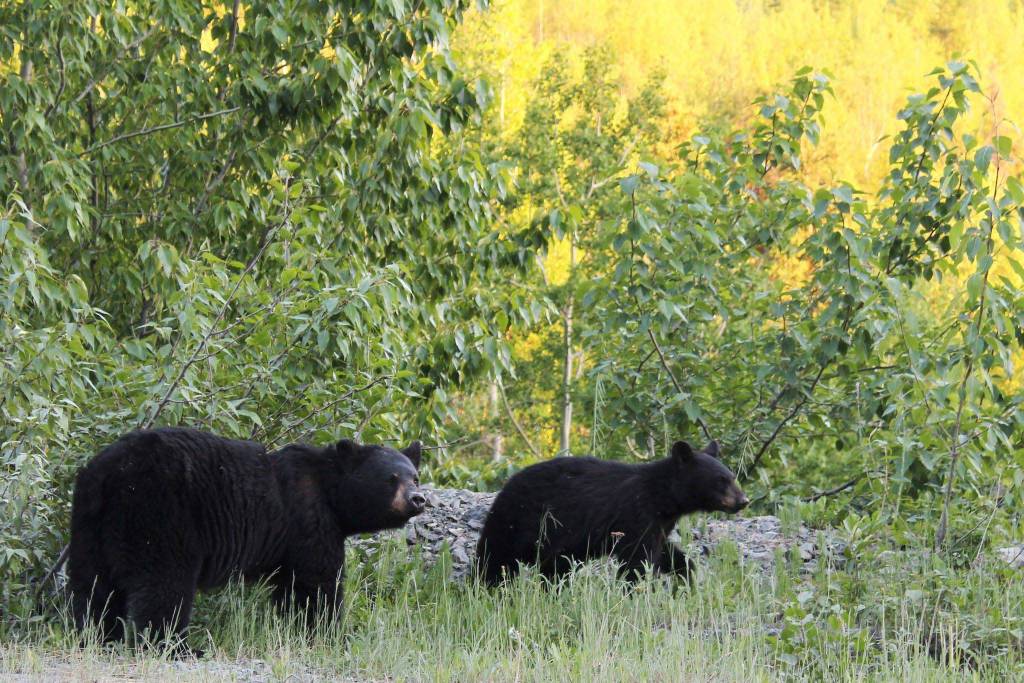Got bears? Here are programs that can help
Published 9:30 pm Tuesday, June 22, 2021
In Alaska, hungry bears are waking up from their long winter hibernation and are starting to emerge from their dens. This means one thing — conflicts between bears and people. It is important for residents and landowners to take safety precautions to reduce risk and conflicts.
Bears get into trouble because they are driven by their noses, which leads to conflict with people. Garbage, chicken coops, beehives, fruit trees and other sources of enticing odors can draw hungry and curious brown and black bears to your property. Properly installed bear-resistant electric fencing and bear-resistant trash cans are two simple and effective ways to deter them.
Alaska is home to more than 98% of the brown bears in the United States and 70% of the brown bears in North America. But, over the last 200 years the number and range of brown bears south of Canada have steeply declined by more than 95% because of habitat loss and human conflicts. Learning to coexist with bears is essential for keeping Alaska wild and protecting our jobs and economy.
The Kenai Peninsula is a great place to view bears, and for many visitors, one of the biggest draws to Alaska is the prospect of seeing bears in the wild. A study released in 2019 found that the bear-viewing industry brings millions of dollars to Southcentral Alaska’s economy. Experts have estimated that bear viewing brings in about $34 million in sales — and injects about $19 million into the local economy.
Defenders of Wildlife has two programs to improve how Alaskans can coexist with bears. Defenders and the Alaska Department of Fish and Game have hosted a series of free workshops to initiate our electric fence subsidy program on the Kenai Peninsula, and residents and property owners on the Kenai Peninsula should sign up for the program.
If you live or own property on Alaska’s Kenai Peninsula, Defenders of Wildlife’s Electric Fence Incentive Program can help you develop and pay for an electrified barrier to keep bears out of things they shouldn’t get into.
Additionally, Defenders has been working with Resurrection Bay Conservation Alliance to acquire and distribute bear-resistant trash cans in Seward. The program has been a huge success. Once the cans arrived in Alaska and were made available this spring, all 141 cans were reserved within less than two weeks, clearly demonstrating a need and desire for bear-resistant cans. There are now also 39 Seward residents that are on a waiting list to receive cans from the next shipment. We hope to be able to expand this program in the future to other areas of the Kenai Peninsula.
Our aim is to reduce human-bear conflicts that often result in dead bears, and we are using several strategies to reduce conflicts, hoping that Alaskans will ultimately choose to coexist with bears. But we need everyone’s help to make it a success — to protect our bears and residents.
Jennifer Christopherson is the Alaska Outreach Coordinator for Defenders of Wildlife and is based in Anchorage. Tim Johnson is the president of Resurrection Bay Conservation Alliance and coordinator for their Living With Bears Program based in Seward.





